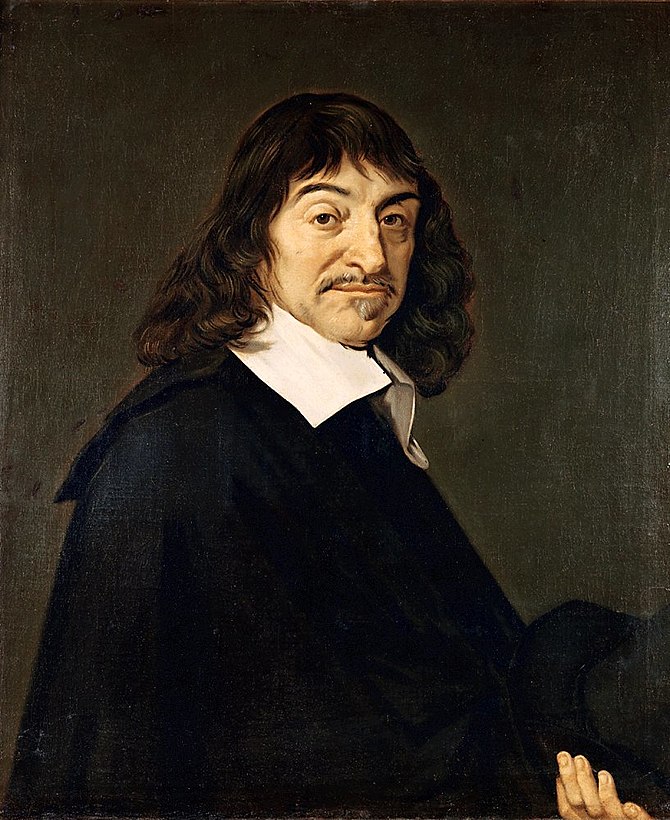
Consistency is a concept that has developed a bad rap, at least in some neighborhoods. I’m not sure why this is but I suspect it’s because consistent has become another thing we should be, at least in regard to developing those habits that are good for us. Right off the bat, labeling a habit as being good for us automatically makes it a tough sell. If it was something we were going to enjoy, we wouldn’t have to persuade ourselves to do it on a regular basis, would we?
For some, consistent = boring, repetitious,predictable, even regimented. It connotes a lack of spontaneity and freedom and engenders an instantaneous desire to rebel. It evokes, for those folks, the mental image of swallowing an evil-tasting pill.
For others, consistency is nearly as elusive to achieve as locating the pot of gold at the end of the rainbow. It seems like a really good idea. At least they’ve heard that it is. Not being consistent at maintaining good-for-them habits makes some of these people feel bad about themselves and what they perceive of as their lack of will power.
For yet others, consistency is but a speck in the rear view mirror as they speed past it all the way to rigidity. Good ideas, good-for-them habits, personal goals or intentions—all are transformed into self-imposed rules that must—and will—be adhered to no matter what.
Maybe we ought to look a little closer at those things we think we should be more consistent about. When you hear yourself say I know I should be [fill in the blank], stop and ask yourself why you think you should be doing—or not doing—whatever it is. Because it’s good for you isn’t a good enough answer. And that’s certainly not enough to motivate you to do it.
What Do You Really Want?
If you can’t come up with a better answer, maybe you’re putting the cart before the horse. Maybe you’re trying to make some positive changes without having clearly defined what you are aiming for in the long run. What do you want to get out of being more consistent about [fill in the blank] and why do you want that? What is the overall positive outcome you’re trying to achieve?
If you’re aiming for something you really want, and you identify the steps it will take to get there, it’s a lot easier to be consistent about taking them. I don’t mean to imply it’s that simple or easy because it isn’t. But if you have gotten to this point and you know the what and the why of the habit you want to change or begin or improve, there’s a process, outlined by Charles Duhigg in The Power of Habit, that can help you do it.
Habits are powerful, but delicate. They can emerge outside our consciousness, or can be deliberately designed. They often occur without our permission, but can be reshaped by fiddling with their parts. They shape our lives far more than we realize—they are so strong, in fact, that they cause our brains to cling to them at the exclusion of all else, including common sense. –Charles Duhigg
Since some of the formation and operation of habits is outside of our conscious awareness, we might as well stop beating ourselves up over our track record. We don’t need to keep sparring with our inconsistency. Instead, we can learn how to work with what scientists call “the habit loop.” Duhigg’s book is a great place to start.
(originally posted 1/13/13 as The Consistency Hobgoblin)




 Imagine your conscious attention, which really is a limited resource, is a jar and all the thoughts inside it are marbles—or, as I call them, things taking up headspace. The more marbles you have in your jar:
Imagine your conscious attention, which really is a limited resource, is a jar and all the thoughts inside it are marbles—or, as I call them, things taking up headspace. The more marbles you have in your jar: